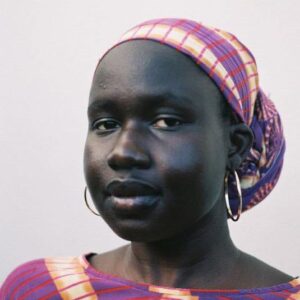There never seemed to be a conversation I had with a man in Juba that didn’t mention why I’m not married. From the bishop to the shopkeeper, right down to the tuk-tuk driver. Every conversation. Every time. What did it for me was being told by the airport staff, “next time you come back, you must produce some children for us”. The only time I feel like my worth as a human being is coined down to marriage & my ability to reproduce is when I’m in my own country.
South Sudan is a society that inherited a disgusting patriarchal system fuelled by collective trauma, outdated customary laws, a history of Arabization & an incompetent government that has no sense, ability, or plan to push the nation away from these ideals.
To be a young woman in South Sudan is to be the most disempowered person within that society, not just on a systematic level but on an everyday interaction level. It’s customary in South Sudan for young women to be scrutinized for enjoying fundamental freedoms like moving out of home (before marriage), financial independence, and dressing too “modern.” The term “slay Queen” is a misogynist expression for any young woman who adorns herself outside of what’s accepted as modest by men.
Young women are put under a microscope and treated as commodities that must be groomed for marriage. The only merit a woman is given in society is when she’s become “Mama,” an older woman who withstood prolonged suffering and abuse by the patriarchy, earning her respect within the community. The number of times I would tell myself, “Thank god I don’t live here,” made me sad. Sad because there are young women who do live there who must put up with this daily. From the absurd laws about how women should dress in Bor, to the minister of humanitarian affairs stabbing his wife for partaking in a soccer game and getting away with it in plain sight, to seedy diaspora men going back home to marry children. Unfortunately, these shameful things won’t stop happening until we, the youth, take ownership of our future and start challenging the poison we’ve inherited from our elders.
South Sudan is a terrible place to be a young woman because of how normalised oppressing us is; we are the scapegoats of a traumatised society to dump its stresses on. No one benefits from it in the long run; it’s an ongoing vicious cycle that robs our country of the many things young women could and should be contributing to nation-building.
In the words of Thomas Sankara, “if you want to judge a society’s progress, look at the way it treats its women.” It doesn’t take much to see that the oppression of women and young people in South Sudan is a clear marker of the toxicity of our country.


